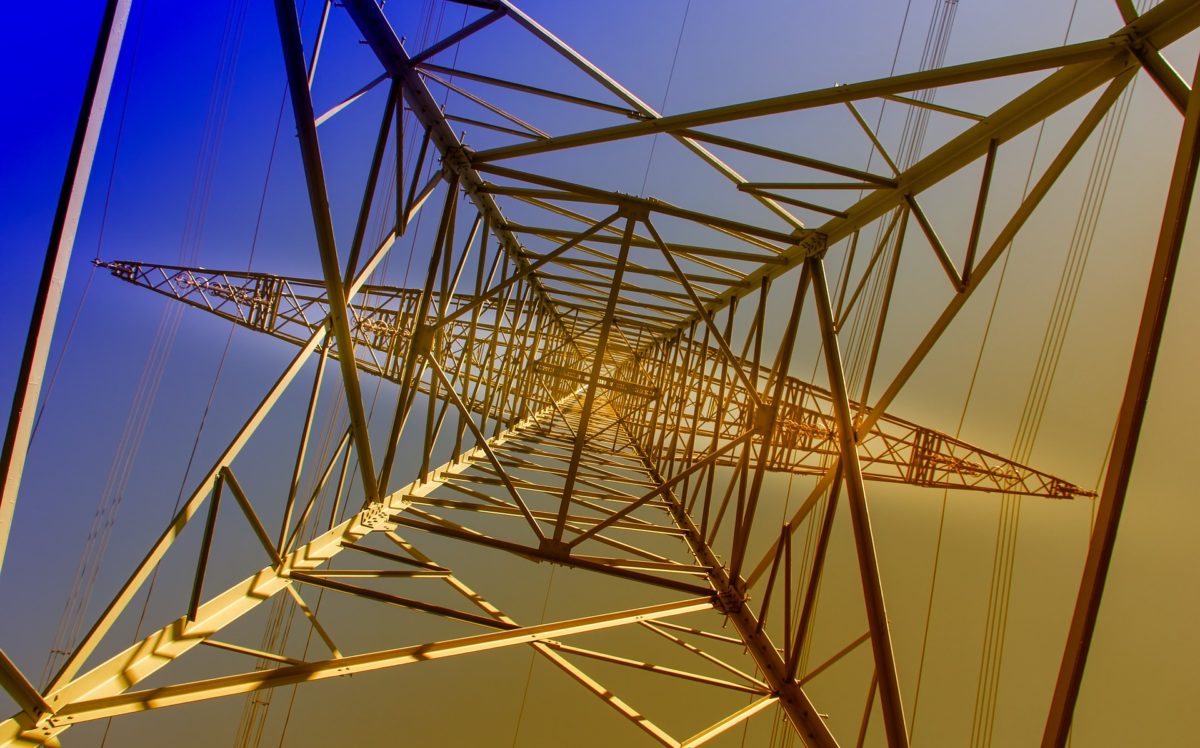Dutch electricity transmission system operator Tennet, and distribution company Enexis are considering offering large scale solar power generators incentives to reduce their output or power down entirely, as they anticipate fresh grid congestion problems.
A Tennet spokesperson told pv magazine a “market-based system” would see renewables generators bid to accept payments for reducing output from their plants–peak shaving–or to curtail operations entirely for periods of peak generation.
The latest areas of the Netherlands grid where it is expected the volume of approved solar and wind power generation capacity will exceed network limits are in Noord Brabant and Limburg.
According to a statement made by Tennet last month, the 150 kV grid section in Limburg could be set to face congestion for the next decade. It is anticipated Noord Brabant could face problems for two years as plans are in place to split the Noord Brabant and Zeeland grid sections next year, freeing up capacity, and to further split Noord Brabant in 2026, en route to that grid section eventually being subdivided into five units.
The possibility of introducing incentives to reduce clean power generation is part of an investigation which, Tennet said on February 9, could take “several months.”
Tennet stressed it is also working on introducing new switching stations and connections and expanding and adapting existing switching stations.
The transmission company representative told pv magazine household solar arrays would not be affected as they feed power into the low-voltage grid. He added: “Tennet and the regional grid operators work hard to expand the grid where necessary. Tennet invests €2 billion annually in the Dutch high voltage grid for maintenance and expansion to make the energy system future proof.”
This content is protected by copyright and may not be reused. If you want to cooperate with us and would like to reuse some of our content, please contact: editors@pv-magazine.com.




By submitting this form you agree to pv magazine using your data for the purposes of publishing your comment.
Your personal data will only be disclosed or otherwise transmitted to third parties for the purposes of spam filtering or if this is necessary for technical maintenance of the website. Any other transfer to third parties will not take place unless this is justified on the basis of applicable data protection regulations or if pv magazine is legally obliged to do so.
You may revoke this consent at any time with effect for the future, in which case your personal data will be deleted immediately. Otherwise, your data will be deleted if pv magazine has processed your request or the purpose of data storage is fulfilled.
Further information on data privacy can be found in our Data Protection Policy.